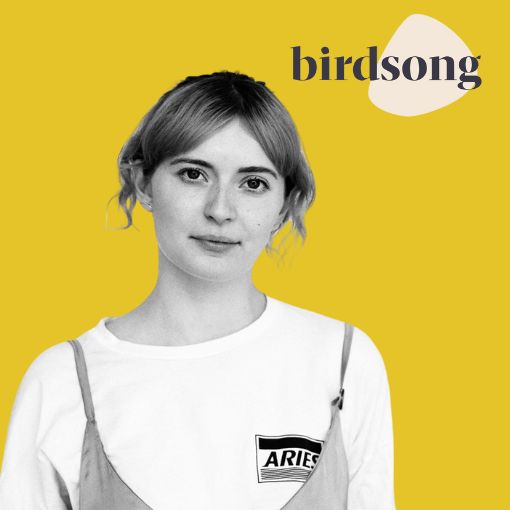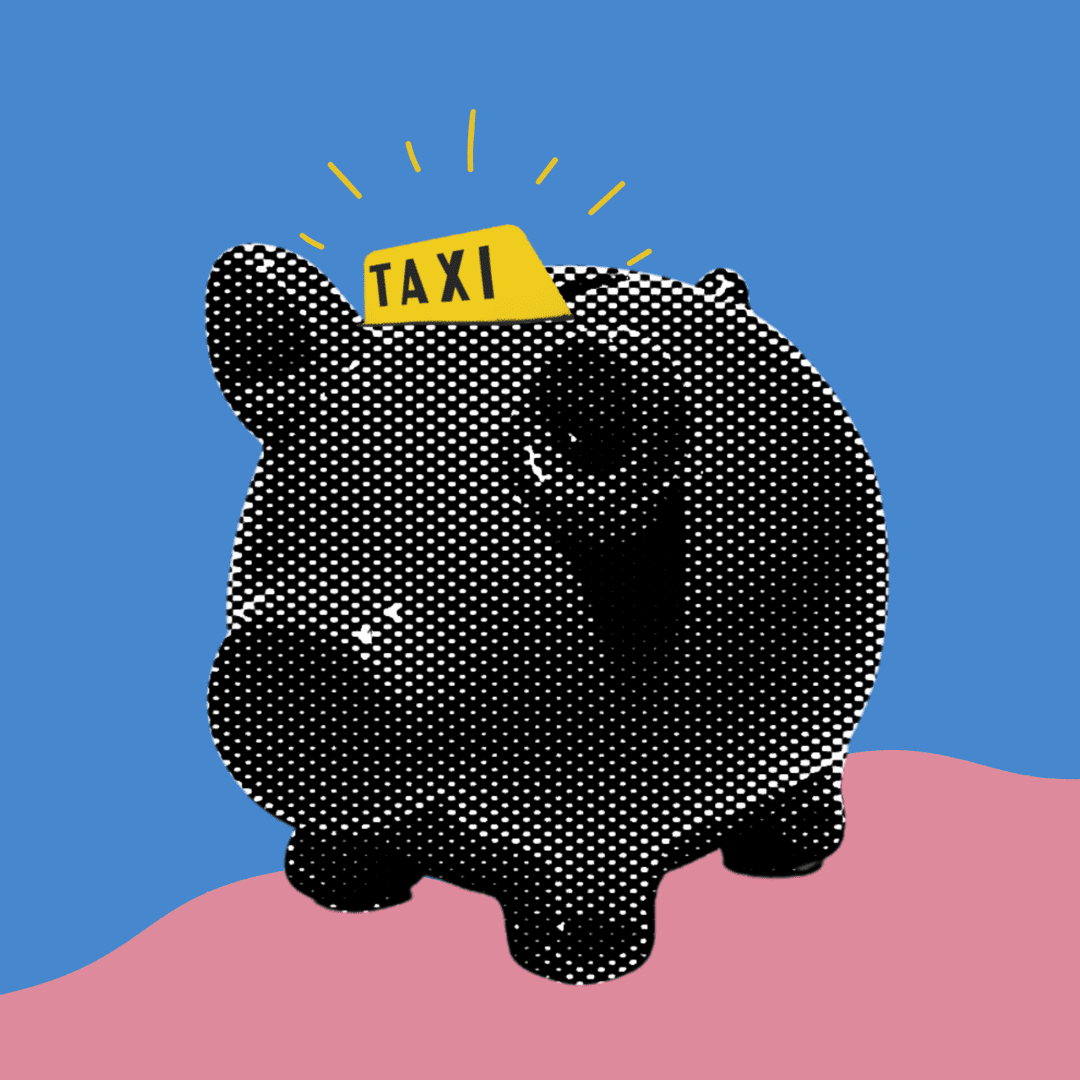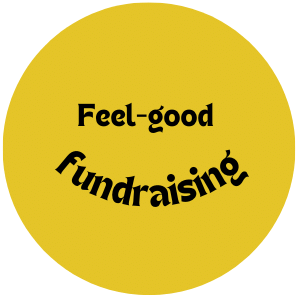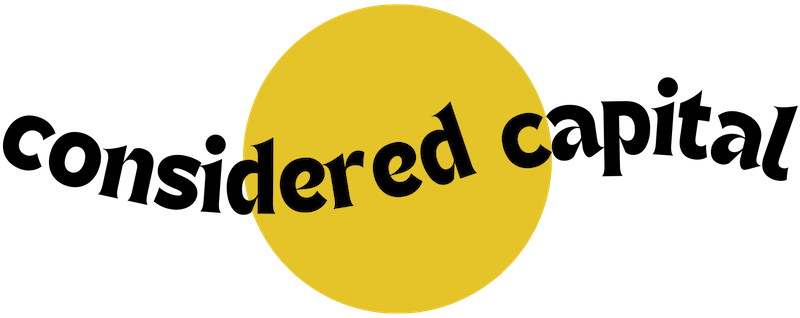How I learned to
forge my own funding path
with Sophie Slater
Founder of Birdsong London

“The one thing I changed about my funding plan is that I have one now (rather than it hovering on the horizon as something that I needed to think about). I've now got a robust plan”.
- Sophie Slater, founder of Birdsong London
Having started Birdsong London with her co-founder at 23, Sophie faced major changes within the company when her co-founder left to have a baby.
Then, the pandemic hit.
Feeling out of her depth with how to raise fundraising again, Sophie reveals, "I hadn't met any investors or even really thought about it for two years". Sophie explains that she was in survival mode growing the business.
However, a few friends had recently graduated from The Alternative Funding School and recommended it to her. In just six weeks of workshops and coursework, Sophie graduated from our school.
She says, "The Alternative Funding School taught me how to position myself and gave me the language to talk about the kind of funding we wanted to raise and work out how much we needed".
Sophie's full story is below.
Click an icon below to choose whether to watch, listen or read the interview.
Watch
Listen
Read
Watch
Listen
Read
Sophie Slater
My name is Sophie Slater, and I'm the CEO and co-founder of Birdsong London
We're a social enterprise fashion brand. We primarily work with community groups and charities in East London to create ethical, sustainable clothing that fits well and lasts longer.
Esme Verity:
...and looks beautiful too!
What are the biggest challenges you've overcome regarding funding so far?
Sophie Slater:
As a founder who started her company at 23, I was completely green about everything. For example, some things helped get investment off the bat with Bethnal Green ventures, which is incredible. I had to learn everything from scratch, and it's been a real journey.
I think I've grown in confidence massively. There's so much more funding available for sustainable businesses, which didn't exist even three, four or five years ago. It's been seven years since I started my business, so Considered Capital has been unique in helping to reevaluate the landscape and see what's coming up regarding funding opportunities.
It's crucial to stand your ground and tell your narrative to investors in a way that looks attractive. It can be a challenge as a woman founder to overcome feeling intimidated. I felt it especially when my other co-founder, who used to take care of all the investment leads, left to start a family.
That's why Considered Capital was great for me; after two years of being CEO, I was learning to big myself up again to go out and raise money.
Esme Verity:
What made you want to join The Alternative Funding School?
“I felt completely out of my depth with how to raise fundraising again, especially with the pandemic. I hadn't met any investors or even really thought about it for two years. We were kind of in survival mode growing the business.”.
I felt completely out of my depth with how to raise fundraising again, especially with the pandemic. I hadn't met any investors or even really thought about it for two years. We were kind of in survival mode growing the business.
The Alternative Funding School taught me how to position myself and gave me the language to talk about the kind of funding we wanted to raise and work out how much we needed.
It was also a fantastic overview of the fundraising landscape and how much has changed.
The school connected me to like-minded businesses with unusual governance structures that might help us in the future.
I realised that you can forge your own funding path.
Esme Verity:
What did you change about your funding plan after graduating from The Alternative Funding School?
Sophie Slater:
The one thing I changed about my funding plan is that I have one now (rather than it hovering on the horizon as something that I needed to think about). I've now got a robust plan.
All the worksheets have been beneficial. I know the story I'm trying to tell with my business and when we need to get funding.
We used to approach funding as "anything we can get is great". Now we know that actually, we pick the funding that works for us and works for our strategic aims.
Esme Verity:
Can you think of one thing you learned that changed your thoughts about funding?
Sophie Slater:
Esme introducing us to Library of Things was incredible. They're a business I know well, and they're a business I've always admired. But going into the minutiae of the governance structure and how that enabled them to raise a million pounds of alternative capital felt empowering.
We felt that Library of Things are a business on a similar scale with teams similar in age, and they've forged their path with fundraising. Especially in the third sector, many of these governance structures are still in their infancy, but that's innovative and exciting.

Want to be part of our next cohort?
If you want to be guided every step of the way, then our Alternative Funding School is for you. We provide practical, hands-on support for founders raising mission-aligned funding. You'll be working alongside other founders on the same path and hear from our funding experts live, who'll show you which alternative path they took and how they succeeded.


For Organisations
contact@consideredcapital.io
